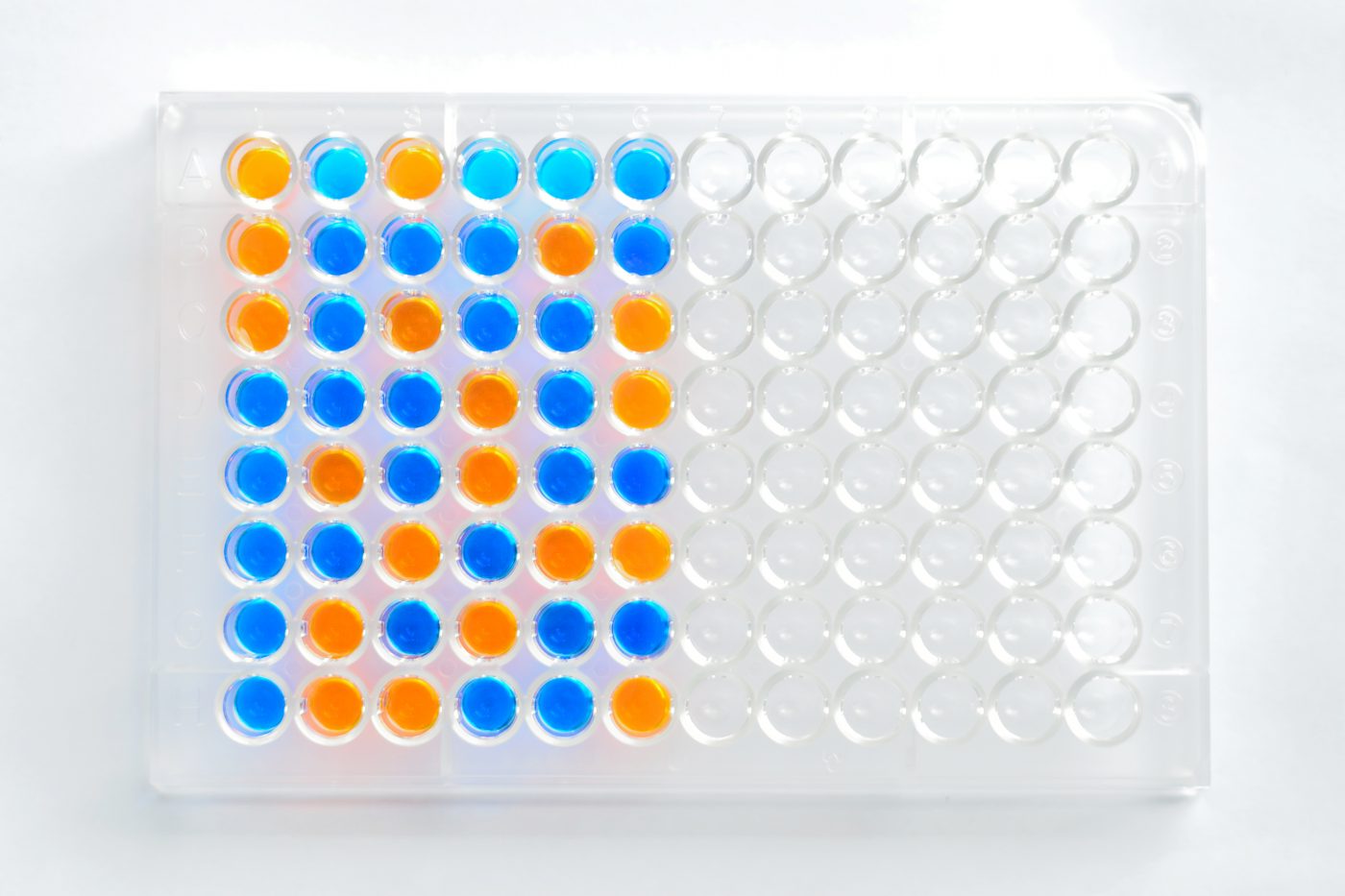Highly Sensitive Assay for mHTT Predicts Huntington’s Disease
Written by |

Tapping into the cerebrospinal fluid (CSF) of patients with Huntington’s disease may give insights on disease onset, diminished functional ability and potential therapeutic agents for treatment. A recent study investigated whether huntingtin (HTT) protein could be detected in CSF, and the research team behind the investigation created an assay with extreme sensitivity and detection capability.
“Quantification of disease-associated proteins in the cerebrospinal fluid (CSF) has been critical for the study and treatment of several neurodegenerative disorders,” wrote lead author Dr. Edward J. Wild, of University College London. “However, mutant huntingtin protein (mHTT), the cause of Huntington’s disease, is at very low levels in CSF and, to our knowledge, has never been measured previously.” According to the team’s article, “Quantification of Mutant Huntingtin Protein in Cerebrospinal Fluid from Huntington’s Disease Patients,” which was published in The Journal of Clinical Investigation, HTT protein levels are low in the CSF because this protein is predominantly located within cells.
The low levels of mHTT pose a challenge that needs to be overcome by an ultrasensitive assay that can detect proteins down to the molecular scale. To meet this challenge, the team began their study by purifying HTT protein, both normal and mHTT, from donor patient sera using antibodies. Certain antibodies, especially the antibody MW1, had higher selective affinity for mHTT than normal HTT.
Next, the researchers developed an assay system that could combine the antibodies with artificial or human CSF containing mHTT and normal HTT protein, enabling them to pull out the mHTT protein. Nearly all mHTT was complexed with antibodies in the assay when the CSF was from a Huntington’s disease patient, and no mHTT was detected when the CSF was from a disease-free individual. Nearly all Huntington’s disease patients had mHTT in their sera, with these results confirmed in two cohorts of patients.
A final experiment allowed the researchers to examine clinical features of patients that correlated to mHTT level. “We report what we believe to be the first direct evidence that higher mHTT load is associated with lower cognitive function and more severe motor dysfunction in patients,” wrote Dr. Wild. Perhaps if the researchers’ assay is developed into a clinical diagnostic, mHTT can be used as a biomarker for Huntington’s disease and disease severity.


